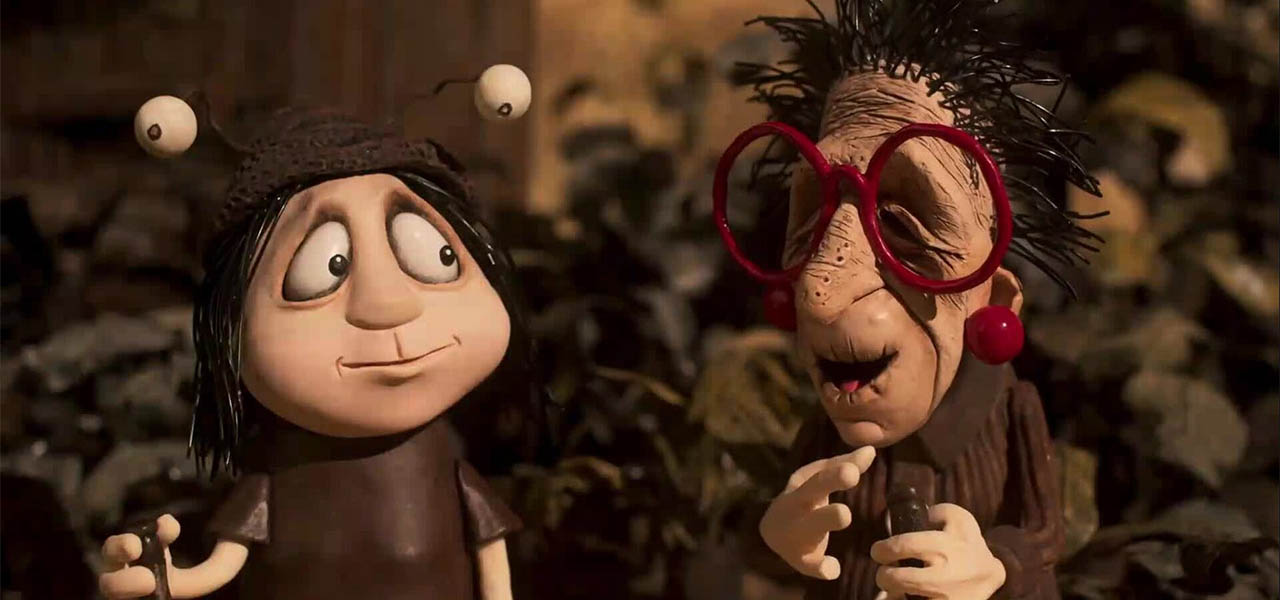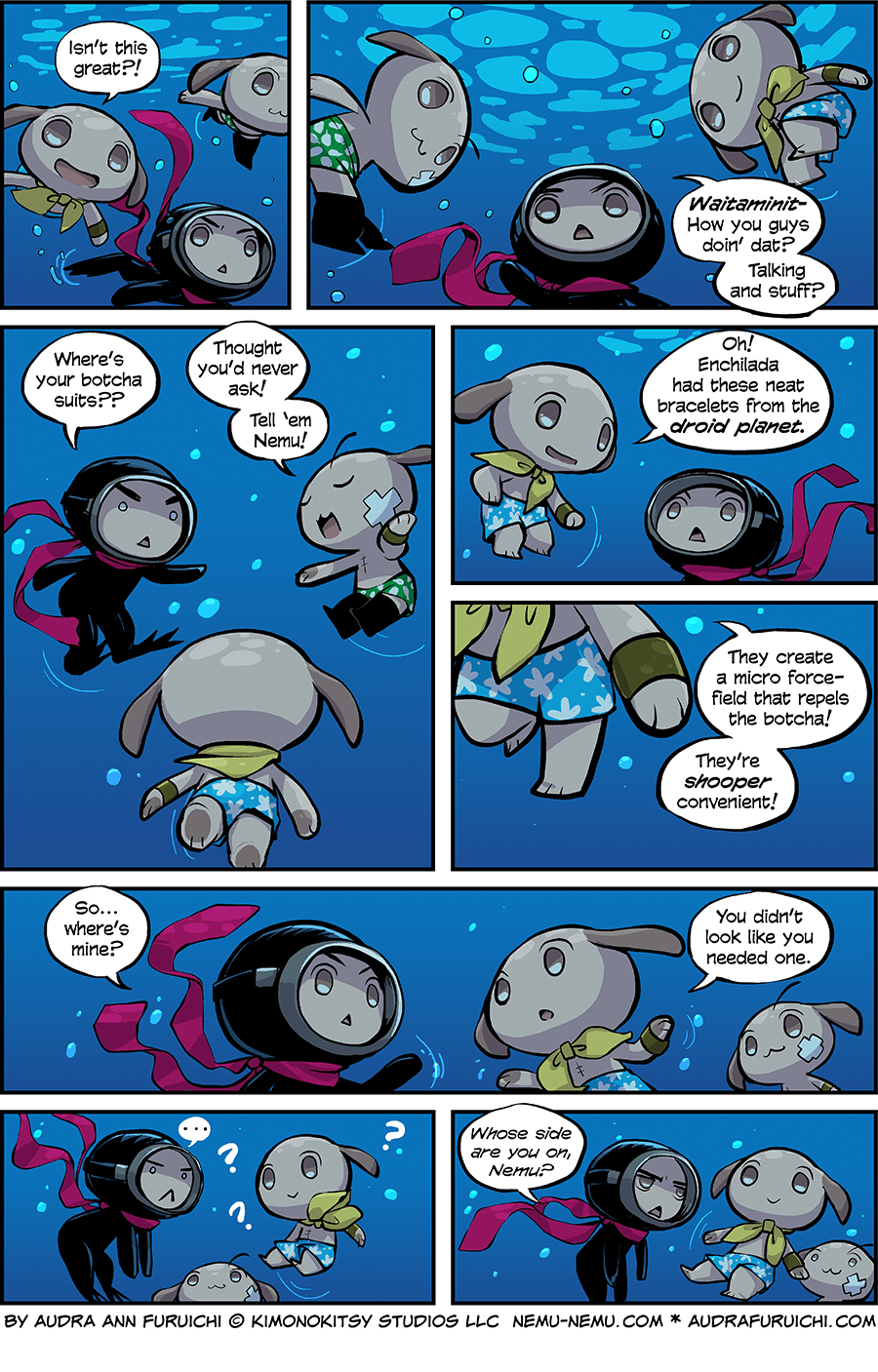Adam Elliot’s new stop-motion drama Memoir of a Snail opens today in limited release in Los Angeles (AMC Century City, AMC Burbank) and New York City (AMC Lincoln Square, IFC Center, Brooklyn Alamo Drafthouse), ahead of an expanded release by IFC Films in November.
The film debuted at Annecy, where it won the top Cristal for feature, and has since gone on to win the top prize at the BFI London Film Festival and the audience award and special jury prize at Animation is Film.
Elliot’s new film tells the story of Grace Pudel, a lonely misfit with an affinity for collecting ornamental snails, who is separated from her twin brother Gilbert at a young age, which causes her to fall into a spiral of anxiety and angst. Her life changes after she meets an elderly eccentric woman named Pinky, who is full of grit and lust for life.
Cartoon Brew spoke with Elliot just after his first screening in Annecy, where audiences celebrated the return of the Australian director to feature-length format, fifteen years after his esteemed debut feature Mary & Max. Elliot shared some fun details about the film’s production that will change how you see the film.
A story from a personal place
While the story of Grace Pudel is invented, Elliot drew liberally on his own friends and family to create this tale of hardship and separated twins, particularly in the main character’s hoarding obsession. Said Elliot:
My parents were hoarders, even though they would never acknowledge it. And when my father died eight years ago, we had to get rid of all the stuff he collected, and I became fascinated by this idea of people collecting things. Why do they do it, and why is it so difficult for them to get rid of stuff? I read a lot on the subject and I discovered that a lot of hoarders have had a lot of trauma in their life, sometimes having lost a son, a daughter or sibling, and that became the foundation of the film.
An animator’s dismembered fingertip ended up in the finished film
It’s said that an animator has to put a part of themselves into the character onscreen to create a believable performance, but what happened during the production of Memoir of a Snail took that concept to a new level, as Elliot explained:
One of the animators on the film was my second cousin Donna [Yeatman]. She wasn’t as experienced as the other members of the team, but she’s a very good animator and made wonderful shots in the film. But she’s a little bit clumsy. She was always stabbing herself, or cutting herself, and one day she chopped off the top of her finger and it bounced off the workbench, and we couldn’t find it. A week later, while cleaning the studio, we found the piece, but it was too late to sew it back. So we put it in a little jar; it appears several times on screen, and there’s a tiny piece of human body in the film.
Building an Australian stop-motion community
Due to a small budget, the production of Memoir of a Snail happened at a very fast pace, with a 32-week shooting schedule. “Each animator had to do roughly ten seconds a day, which is a lot of pressure,” he said.
The stop-motion community in Australia is also quite small, according to Elliot. “Stop-motion animators are mostly people who shoot stuff in their bedrooms, and there’s no big studio,” he said. “Australia has only made three stop-motion features so far, and I’ve made two of them. I sometimes feel like a very rare albino in my own country.”
Elliot understands the desire of many artists to leave the country, but he believes it’s important to continue building the stop-motion community in Australia, particularly so artists can tell more personal stories. Said Elliot:
It’s very respectable that a lot of them want to get jobs at Aardman or Pixar, and that’s great. Many of my students have gone to New Zealand, Oregon, or Ireland, and part of my job is to bring them back. Now that I’m in my fifties, I’m much more mindful of the younger generation and how they need nurturing and care to blossom as artists. Going down the independent path is more difficult, but you also get more creative control and creative freedom.



